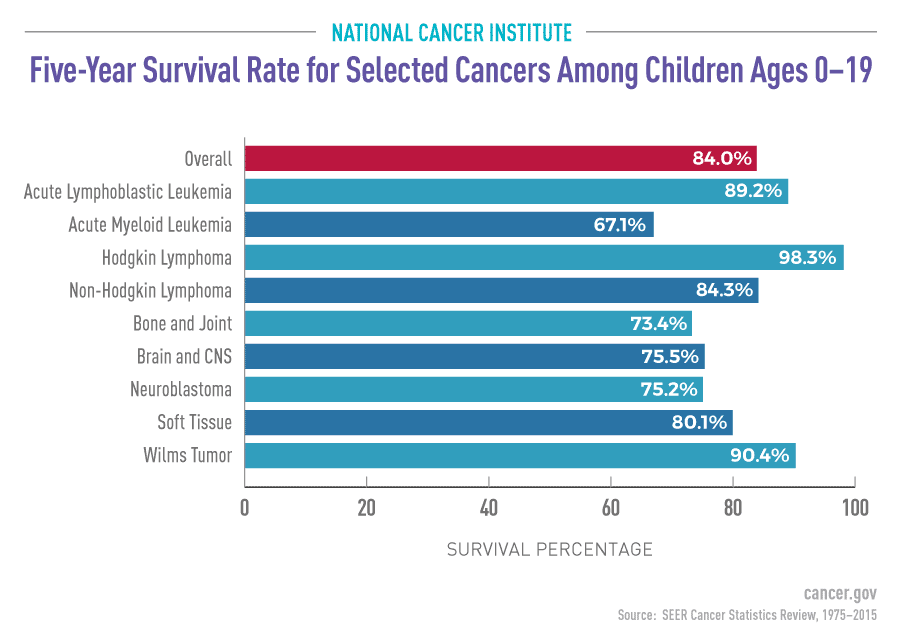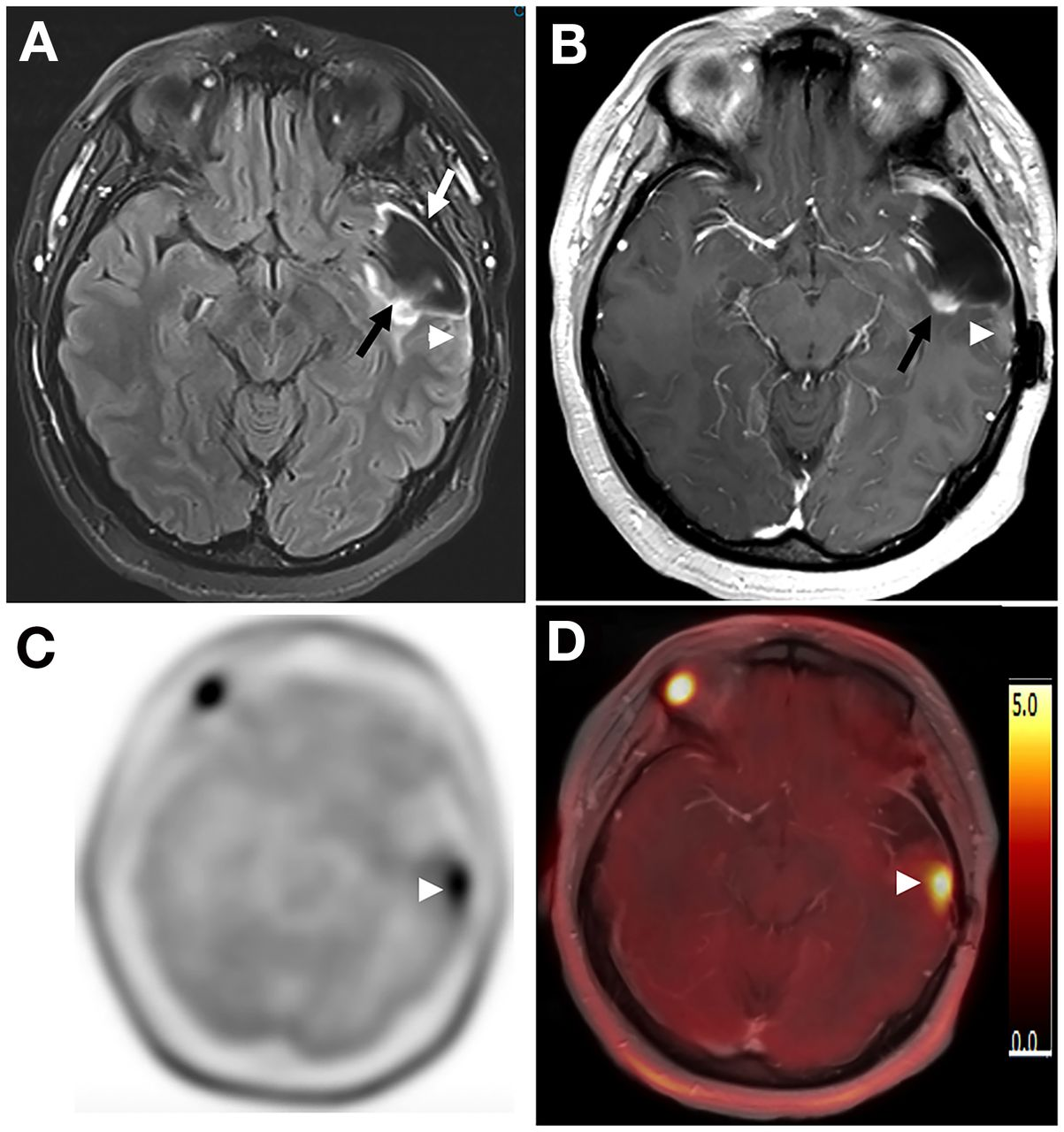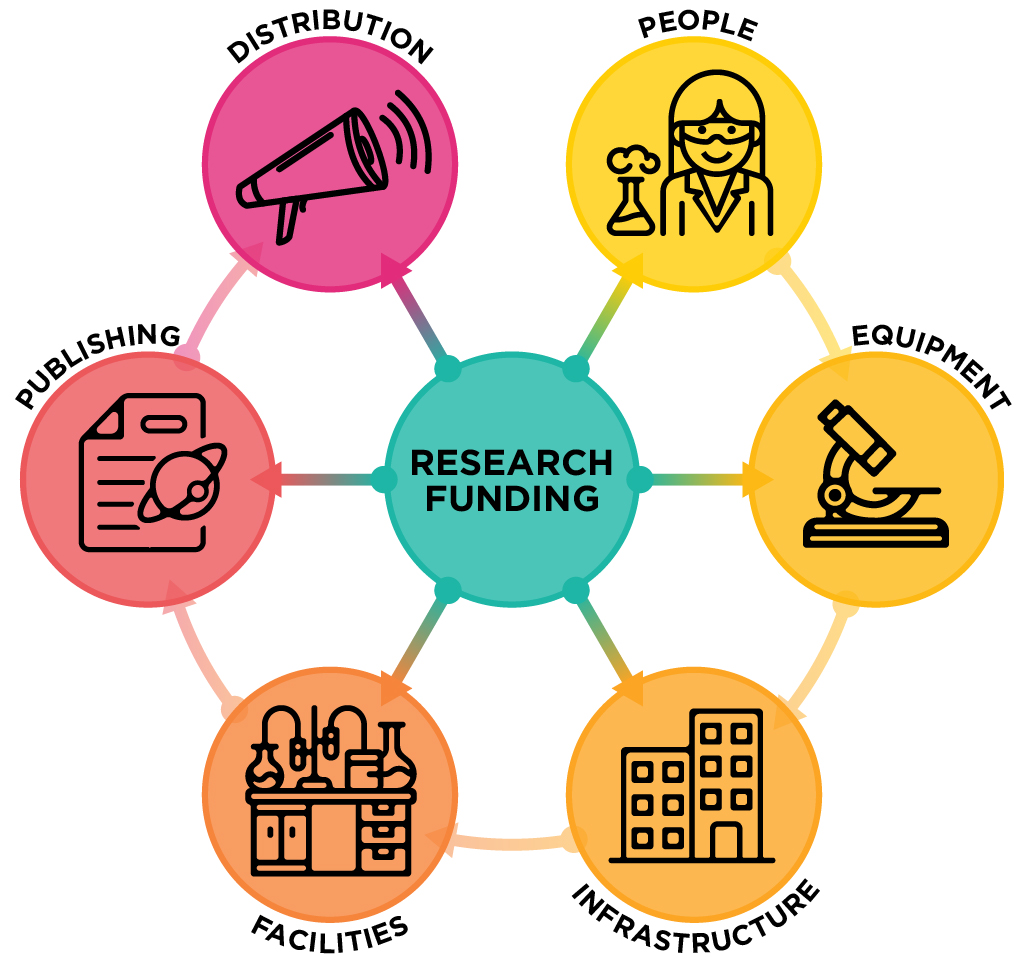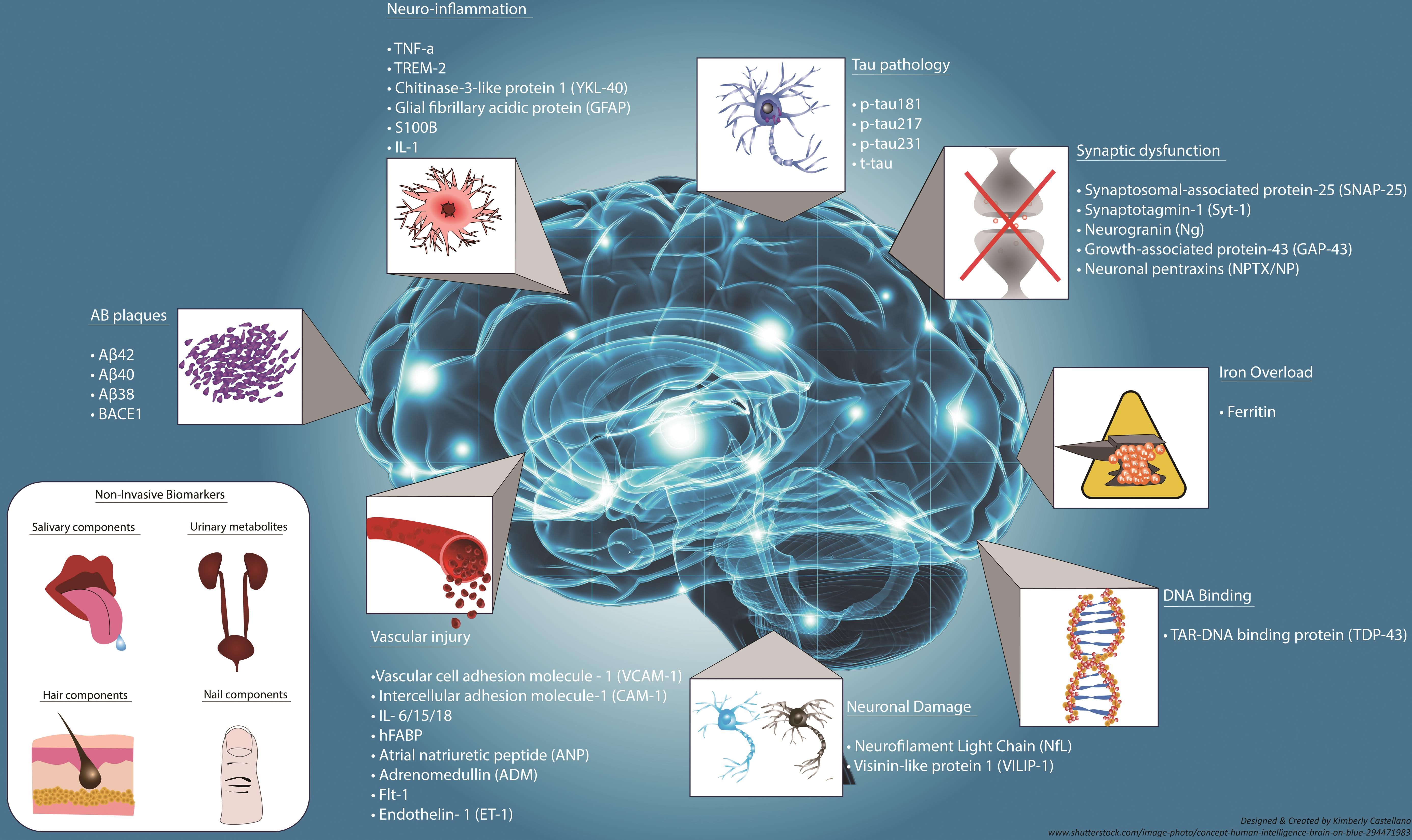Federal grant research plays a crucial role in advancing our understanding of diseases and health-related issues, making it a vital area of focus for scientists dedicated to public well-being.Researchers like Karen Emmons and Jorge Chavarro exemplify the tenacity required to navigate the complex landscape of health research funding, including the elusive NIH funding and NSF grants that enable them to conduct their studies.
Federal Grant Research: A Vital Tool for Public Health Advances




